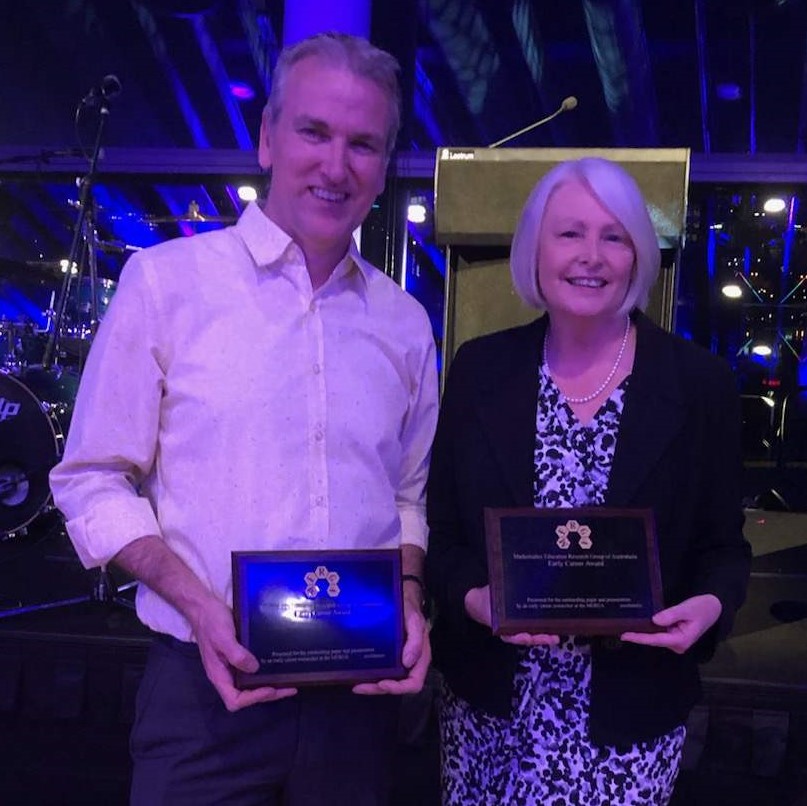Teaching Mathematics for an Ethical Citizenry
Helen J ForgaszAt a recent professional development session where I spoke, the principal, a former high school head of mathematics, welcomed participants and reflected on the importance of mathematics for children’s futures. He spoke of the relevance of mathematics and its power to model reality. The following exemplar was proposed: “Imagine you are the general of three army divisions. The first is winning handsomely, the second is holding its ground, and the third is suffering huge losses. You have sufficient support troops for only one division. Where would you deploy them?†The answer, he said, was simple, and based on mathematical modeling, “To the winning division, naturallyâ€. He provided a second example: “Imagine you are charged with placing landmines for maximum effect. How would you arrange them?†Again, he claimed, mathematical modeling would enable this decision to be easily made. I left the session disturbed and perplexed. Both examples used to epitomise the power of mathematics were in military contexts, and enabling deaths (collateral damage) was not considered problematic. The principal seemed insensitive to any conceivable wrong in what he had put forward. Contemporary mathematics curricula urge teachers to ensure that students are exposed to “real world†mathematics. I have no argument with this. But, do teachers reflect on the implications of the contexts in which the examples are set? Do they consider if there are covert messages that reinforce stereotypes, or have moral, ethical, or political implications? At this round table, these issues and the research opportunities offered will be explored.

